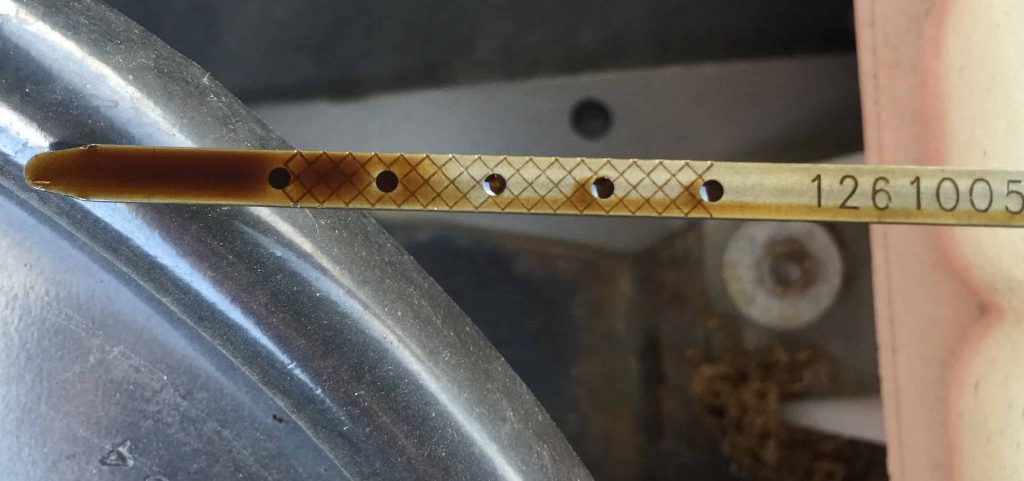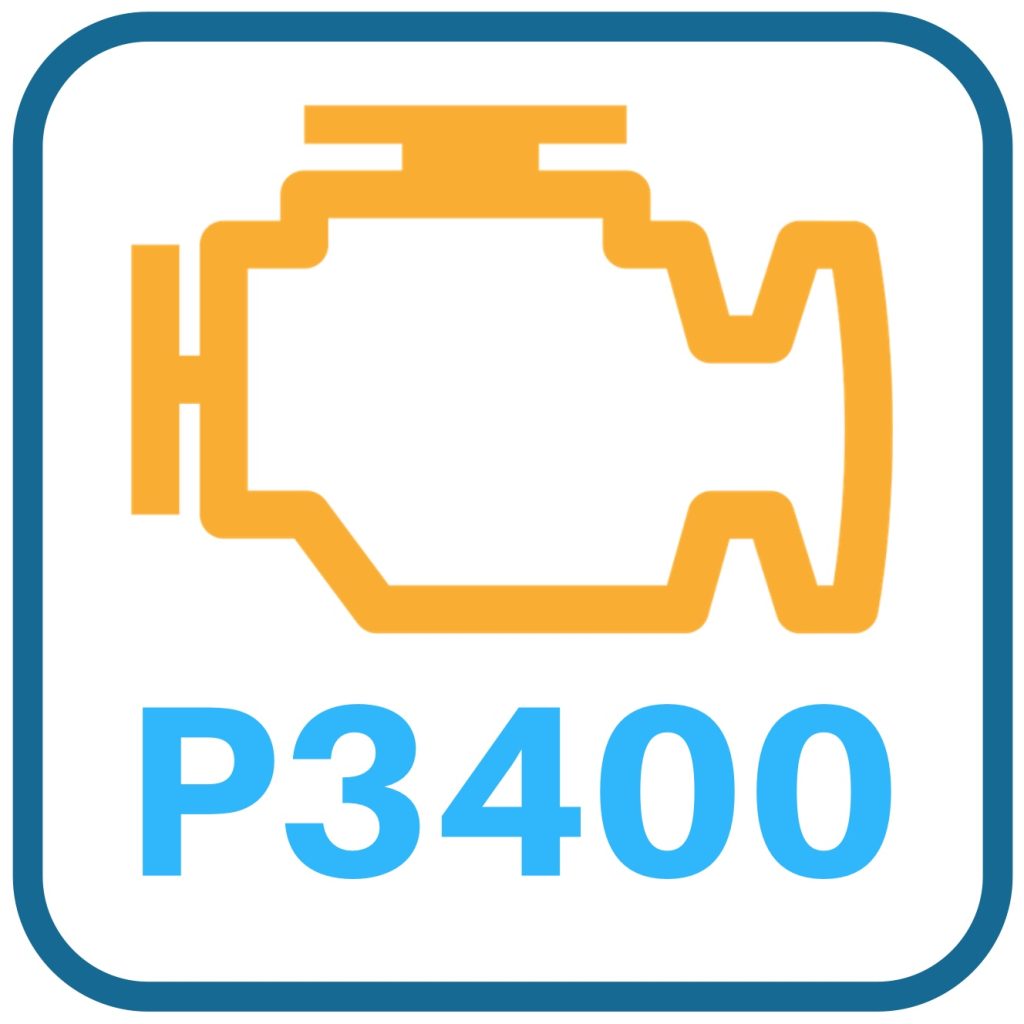P3400 is a generic OBD2 trouble code. It indicates that your Acura ZDX’s cylinder deactivation system has a performance issue. It is a very common code to see in Honda-made cars, vans, and trucks.
P3400 by itself is not a breakdown risk. Your ZDX’s engine will run just fine on all of its cylinders. The concern with this code is that some of the potential causes can lead to engine failure. Before doing anything else, check the oil level.
Many of these systems won’t work if the oil level is deficient. Check your ZDX’s oil level as soon as possible if you get this code. A low oil level is the most common cause of P3400.

P3400 Definition: Cylinder Deactivation System – Bank 1
Here’s the definition of P3400 for the Acura ZDX. It has two main parts. They’ve been separated so that it’s easier to digest.
Cylinder Deactivation System

Cylinder deactivation aims to increase fuel economy by letting your ZDX’s engine bypass cylinders and reduce displacement.
The PCM (powertrain control module) takes info from the various engine sensors and uses it to determine when to engage cylinder deactivation. On some older Honda models, you’ll see the word “eco” in green on the dash, indicating that it is on.
Bank 1
On vehicles with two separate cylinder heads (V6 and V8 engines), there are two cylinder banks, one for each head. Bank 1 is the bank with the first cylinder.
Cylinder heads can’t be parallel since the piston rods can’t occupy the same space. So one is always in front of the other. When you look closely at the engine, one cylinder will typically be closer to the front than the other. That is usually bank one.
It’s usually the cylinder closer to the firewall on Honda’s.
P3400 Symptoms: Acura ZDX
There aren’t many symptoms associated with P3400 in the Acura ZDX. The engine may sound a little different when cruising, but you’d really have to be paying attention. Here are the common symptoms:
- Lower fuel economy
- Check engine light
- More cylinder deactivation related codes
- Misfiring
Acura ZDX P3400 Causes + Diagnosis

While there are many causes of P3400, we’ll start with the easiest things to check and work from there.
Check the Oil and Oil Pressure
Check your ZDX’s oil level. If it is low, fill it back up. This is the most common cause of P3400 and how a lot of folks first discover that their engine is using oil.
If you have an oil pressure gauge, and the amount of pressure is lower than it should be (or if the oil pressure light is on), there’s not enough oil pressure for the cylinder deactivation system to function.
You’ll need to address what caused your Acura ZDX’s low oil pressure.
Check for Other Codes
P3400 is often accompanied by other codes.
- VVT related codes
- Misfire codes
- Oil Pressure codes
Based on what codes you see stored in your ZDX’s PCM, you’ll need to move your diagnosis in different directions. It’s common to see VVT codes plus a misfire code (like P0300 or P0302) or a VVT code and an oil pressure code. In either situation, ignore the VVT code (for now) and focus on the misfire or oil pressure code.
If there are only other VVT codes, they can help you pinpoint exactly what is happening with the VVT system, as P3400 is rather broad.
Oil Pressure Sensor
On most vehicles made by Honda, there will be an oil pressure sensor for each bank of the engine. In this situation, replacing that oil pressure sensor in question is one of the more common fixes for P3400.
If your ZDX registered an oil pressure-related code, replacing the bank 1 oil pressure sensor is a more likely fix than a bad oil pump or other low oil pressure cause.
Check out the video below. This guy fixed P3400 by replacing the bank 1 oil pressure sensor. It took one socket and about 5 minutes of his time and a 24mm socket.
Wiring
An issue with the wiring harness going to the VVT system and the oil pressure sensor(s) can cause P3400. Check to make sure the wiring hasn’t burnt, frayed, or otherwise been damaged in some way.
Conclusion
Q: What is the most likely cause of the P3400 trouble code in the Acura ZDX?
A: P3400 is most likely caused by an extremely low oil level or bad oil pressure sensor.

